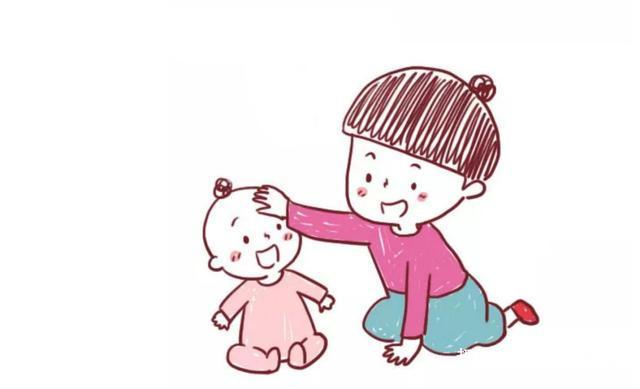During the postpartum period, new mothers eagerly want to provide the best care for their babies while also hoping to smoothly navigate through this special stage. However, the unexpected visitor of acute mastitis often leaves them feeling overwhelmed. Next, we will provide a thoughtful guide on dealing with acute mastitis to help mothers easily overcome this obstacle and continue to enjoy intimate moments with their babies.
Acute mastitis is an acute inflammation that breast tissue may encounter during lactation. It is often caused by milk accumulation, nipple injury, or bacterial invasion, manifested as breast pain, redness, fever, and sometimes accompanied by systemic symptoms such as chills and high fever. For mothers in the postpartum period, this is not only physical pain but also a psychological test.
Preventing acute mastitis is key to daily care:
Ensure correct breastfeeding posture, ensuring the baby latches onto the nipple and most of the areola to prevent nipple damage.
Empty the breasts regularly, even if the baby is not fully satisfied, to avoid milk build-up.
Maintain breast hygiene, clean with warm water before and after breastfeeding, keep the nipples dry to prevent bacterial infections.
Balance the diet, increase protein and vitamin intake, and enhance the immune system.
Dealing with acute mastitis includes:
Apply cold compresses to reduce inflammation when it first occurs.
Use antibiotics under medical guidance to control potential infections; follow medical advice for safe medication during breastfeeding.
Perform hand expression with professional assistance to promote milk flow.
Get enough rest, monitor changes in the condition, seek medical attention promptly when necessary.
Adjust your mindset, positive emotions aid recovery, try relaxation exercises to reduce stress.
Furthermore, emotional support from the family is essential. Husbands and family members should provide practical help and moral support, share childcare and household responsibilities, and create a comforting environment for the new mother to recover. Remember, every challenge is an opportunity for growth, let us embrace a brighter future together in love and perseverance.


